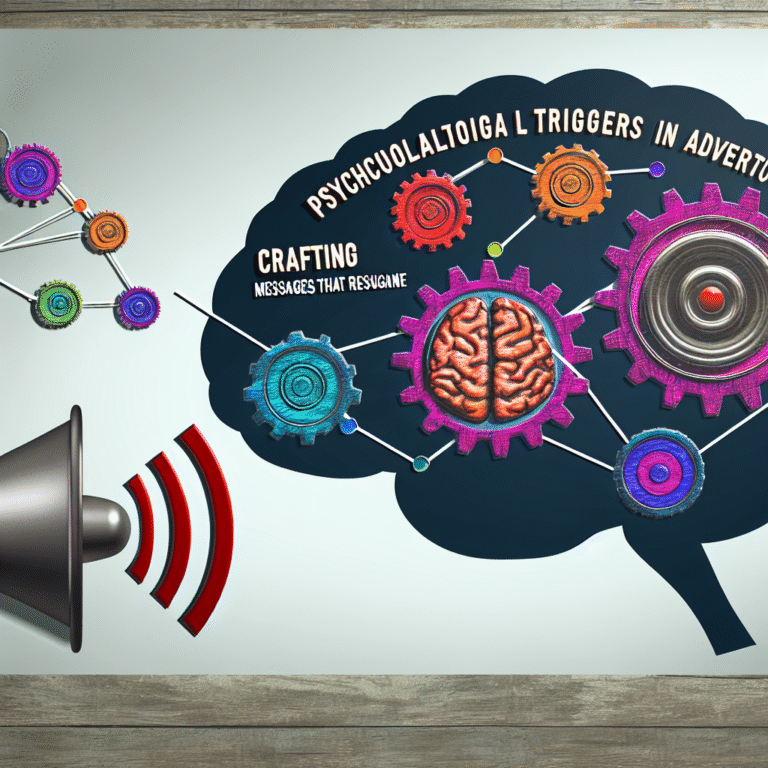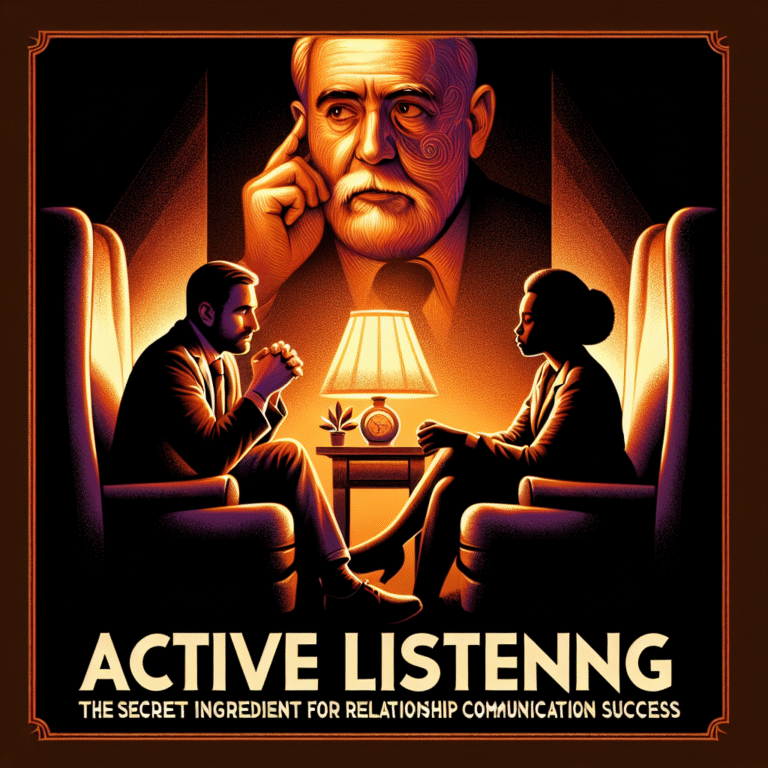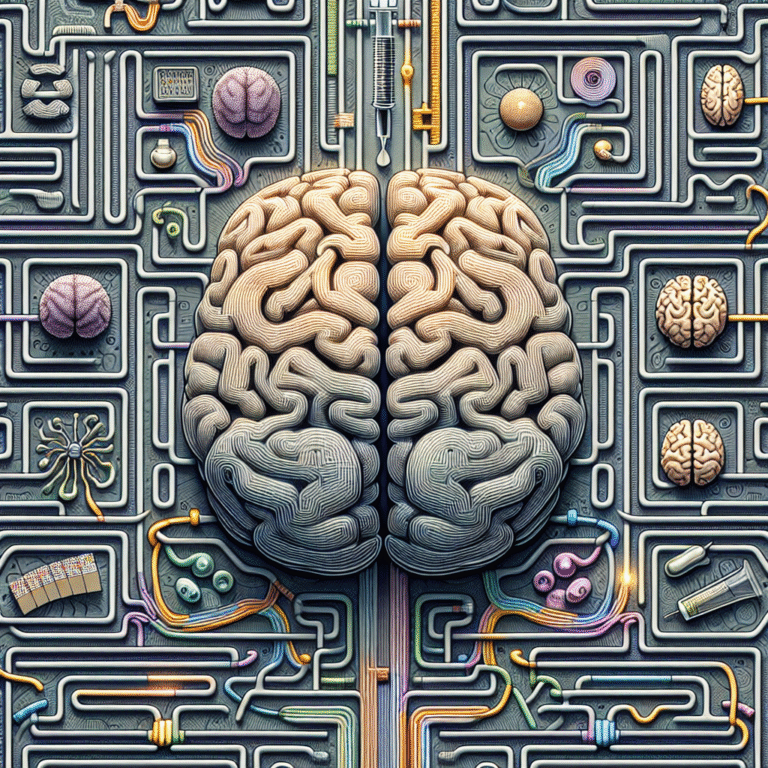
Why We Do What We Do: Behavioral Psychology and the Ultimate Art of Habit Formation
Introduction
Have you ever wondered why, despite our best intentions, we struggle to stick to our New Year’s resolutions or break those nagging habits that no longer serve us? The answer lies in the fascinating world of behavioral psychology—the study of how our thoughts, feelings, and actions are interconnected, influencing the decisions we make daily. The intricate web of human behavior is not merely a series of choices; it is a reflection of our habits, shaped by our environment and experiences. In this comprehensive exploration of Why We Do What We Do: Behavioral Psychology and the Art of Habit Formation, we will dissect the underlying mechanisms of our habits, understand their formation, and empower you with actionable strategies for transformation.
Understanding Behavioral Psychology
What is Behavioral Psychology?
Behavioral psychology, also known as behaviorism, focuses on observable behaviors rather than internal states like emotions or thoughts. According to renowned behavioral psychologists such as B.F. Skinner and John Watson, understanding how individuals respond to stimuli provides insights into their behavior patterns. By analyzing these responses, psychologists can predict and influence future behaviors.
Key Concepts in Behavioral Psychology
- Stimulus-Response Theory: This principle posits that specific stimuli trigger particular responses, forming the foundation for habit formation.
- Reinforcement and Punishment: Behavior can be shaped through rewards (reinforcement) or penalties (punishment).
- Classical Conditioning: Introduced by Ivan Pavlov, this concept explains how automatic responses can be conditioned through associations.
- Operant Conditioning: This theory, furthered by Skinner, focuses on how behaviors can be modified by their consequences.
The Relevance of Behavioral Psychology in Habit Formation
Understanding these concepts sheds light on Why We Do What We Do: Behavioral Psychology and the Art of Habit Formation. Our habits often stem from the repetition of behaviors reinforced over time—good or bad. For instance, a child who receives praise (positive reinforcement) for completing homework is likely to develop a consistent study habit.
Case Study: The Power of Rewards
A great real-world example is the case of a corporate wellness program implemented at a Fortune 500 company. Employees were given financial rewards for participating in health screenings, attending fitness classes, and reaching fitness milestones. Over six months, participation in physical activities surged by 300%, showcasing how reinforcement can cultivate healthy habits.
| Behavior | Before Program | After Program |
|---|---|---|
| Employees attending fitness classes | 20% | 60% |
| Participation in health screenings | 25% | 85% |
The Habit Loop: Cue, Routine, Reward
At the heart of effective habit formation lies the habit loop, a concept popularized by Charles Duhigg in his book "The Power of Habit". The loop consists of three components:
Cue: A trigger that initiates the behavior—this could be time of day, emotion, or environment.
Routine: The behavior itself, which can be physical, mental, or emotional.
- Reward: The positive outcome that follows the routine, reinforcing its recurrence.
Understanding this loop is crucial to decode Why We Do What We Do: Behavioral Psychology and the Art of Habit Formation. The key to altering behavior is to interrupt the old loop while creating a new one.
The Power of Habit Formation
Why Habits Matter
Habits are the building blocks of our daily lives, influencing everything from our productivity to our mental health. According to research by Duke University, approximately 40% of our daily actions are habits, which shows how they structure our routines and decisions.
The Science of Habit Change
Changing a habit requires an understanding of what might be inhibiting our progress. Neuroscience has shown that habits are lodged deep within the brain’s basal ganglia, making them hard to alter but not impossible.
Tips for Effective Habit Formation
Start Small: Focus on easy tasks to build momentum; small wins can lead to larger successes.
Use Triggers: Identify cues in your environment that will remind you to perform the desired habit.
Reward Yourself: Positive reinforcement helps solidify new behaviors, making them more desirable.
- Track Progress: Keeping a log of your success can motivate you to maintain new habits.
Case Study: The 30-Day Challenge
The 30-day challenge phenomenon has gained popularity for habit formation. Participants choose a small behavior—such as drinking a glass of water upon waking—and commit to repeating it for 30 days. Research shows that 66% of participants maintain their new habit well beyond the challenge, highlighting the effectiveness of consistency in habit change.
Building Resilience Against Bad Habits
Identifying Triggers and Routines
Breaking bad habits requires recognizing the cues that lead to undesired routines. For example, if stress drives you to snack mindlessly, identifying stressors can help you seek healthier alternatives—like a walk or meditation—instead of food.
Strategies for Stopping Bad Habits
Modify Your Environment: Reduce exposure to triggers that incite bad habits, like junk food or distractions.
Replace, Don’t Erase: Substitute a bad habit with a positive one. For instance, instead of scrolling through your phone before bed, try reading a book.
- Join a Support Group: Sharing your journey with others can provide motivation and accountability.
Case Study: The Smoking Cessation Program
In various smoking cessation programs, participants are encouraged to replace smoking with healthier behaviors. By identifying triggers (such as coffee breaks) and pivoting the routine to a walk or deep-breathing exercise, many have found success in quitting smoking, demonstrating the power of behavior modification in breaking habits.
| Approach | Success Rate |
|---|---|
| Identifying triggers | 60% |
| Replacement strategies | 70% |
| Support groups | 80% |
Using Behavioral Psychology to Create Lasting Change
The Role of Motivation
One of the most significant influences on habit formation is motivation. Understanding the ‘why’ behind your habits can significantly bolster your commitment. Behavioral psychology emphasizes the development of intrinsic motivation—looking at personal values and long-term goals as sources of inspiration.
The Impact of Social Influence
Social connections can profoundly affect our habits. Engaging with like-minded individuals can create a supportive environment that encourages positive change. Whether through online platforms or in-person meet-ups, community plays a vital role in maintaining habits.
Harnessing Technology
Today’s technology offers myriad tools for habit tracking and reminders. Apps like Habitica or Streaks gamify habit formation, making it easier and more enjoyable to stay on track. Incorporating technology into your habit formation efforts can yield compelling results.
Case Study: Digital Habit Formation
Researchers studied participants using digital tools to build habits. An app that sends daily reminders and offers rewards for successful completion led to a significant increase in adherence to new habits. This aligns with our understanding of Why We Do What We Do: Behavioral Psychology and the Art of Habit Formation, as external support develops internal commitment.
Conclusion
Understanding Why We Do What We Do: Behavioral Psychology and the Art of Habit Formation equips us with powerful insights into our behaviors. By delving into the mechanics of habit formation—the cues, routines, and rewards—we can begin to replace unproductive habits with empowering ones that enhance our quality of life.
As you embark on your journey toward better habits, remember that change is a process. Be patient with yourself, celebrate small victories, and lean on your support network. With perseverance and the strategies outlined in this article, you have the potential to transform your life and achieve the things you aspire to.
FAQs
What is the difference between a habit and a routine?
A habit is an automatic behavior that happens unconsciously, while a routine is a set of actions or tasks you consciously decide to perform.How long does it take to form a new habit?
Research suggests that it can take anywhere from 18 to 254 days to form a new habit, with the average being around 66 days for it to become automatic.What role does willpower play in habit formation?
Willpower can be essential in the early stages of habit formation, but over-reliance on it may lead to burnout. Instead, create an environment supportive of your goals.Can I change multiple habits at once?
While it is possible, changing too many at once can lead to overwhelm. It’s often more effective to focus on one habit at a time.- What should I do if I relapse into a bad habit?
Acknowledge the setback, identify triggers, and recommit to your goal. Learning from relapses is crucial in the long-term journey of habit formation.
By harnessing the principles of behavioral psychology and creating a thoughtful plan for habit formation, you can unlock new potentials within yourself and lead a more fulfilling life. Positive changes are within reach, and the art of habit formation is just the beginning of your transformative journey.














